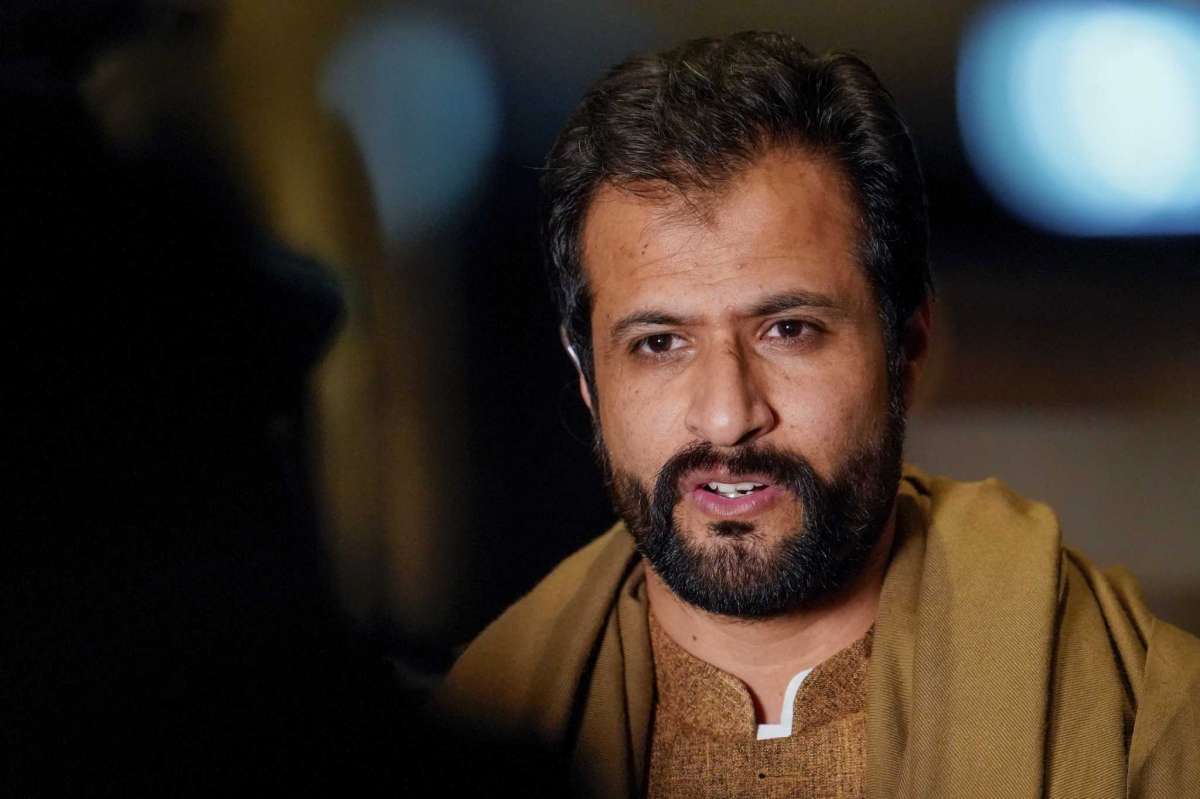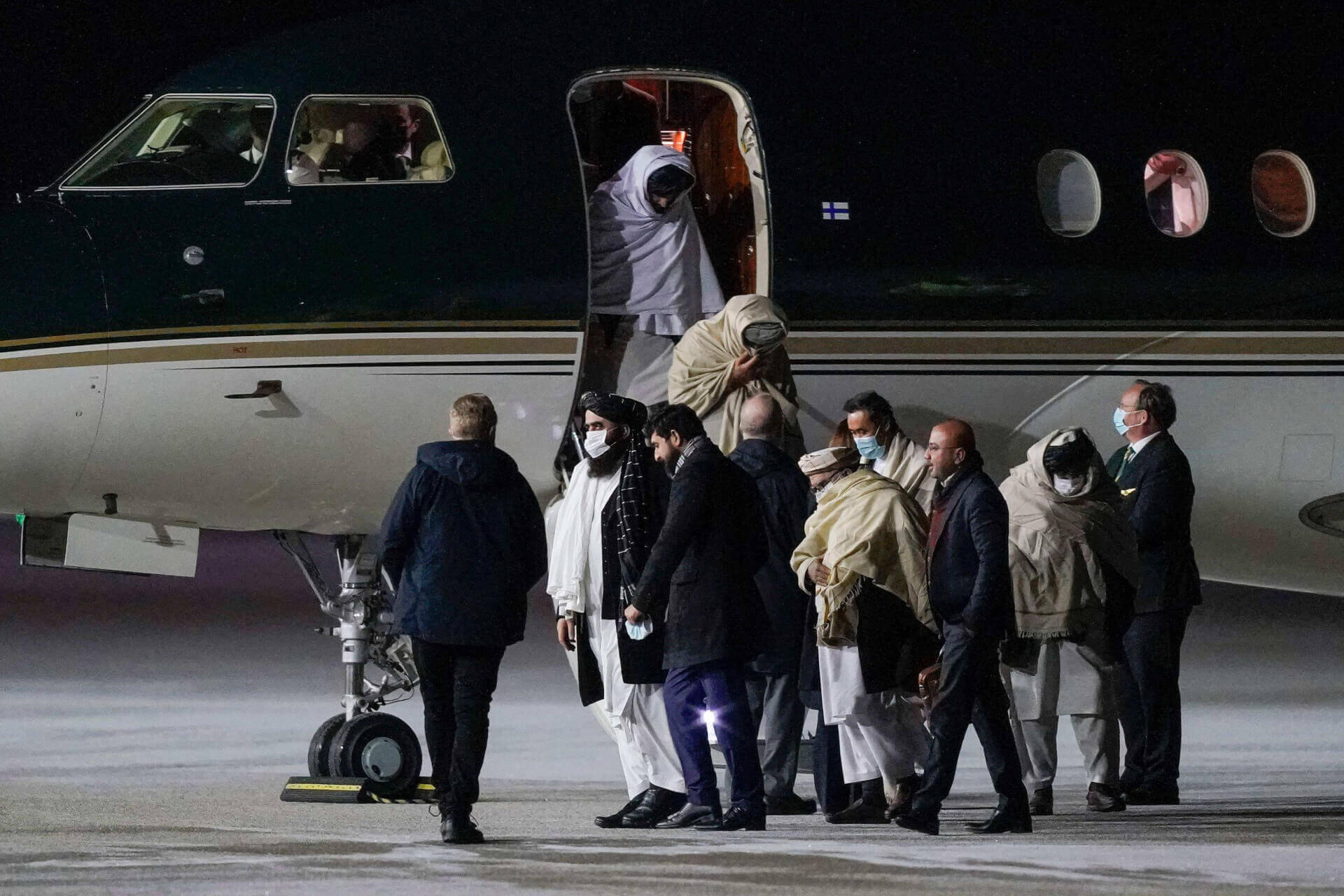On Sunday, the Taliban’s acting Foreign Minister, Amir Khan Muttaqi, along with other members of the group, arrived in Oslo for discussions with Western officials and Afghan civil society representatives on the ongoing humanitarian crisis in Afghanistan. While the Taliban hopes that these talks will lead to its recognition as the official government of Afghanistan by the international community, experts also expect tangible decisions to take place that will further press the Taliban’s commitment towards protecting the rights and liberties of the Afghan people.
Sunday’s meeting was a closed-door discussion between the Taliban delegation and Afghan gender rights and human rights activists; the details of which have not been made public yet.

On Monday and Tuesday, the Taliban are expected to meet with Western officials, including delegations from the United States (US), France, the United Kingdom, Germany, Italy and the European Union. The Taliban is likely to push for the release of $10 billion that remains frozen in American and other Western countries’ banks. However, that is unlikely to happen unless the Taliban makes a firm commitment towards the protection of Afghan minorities, including women and children.
This is the first time that the Taliban has engaged in a meeting with the West since taking over the land-locked country in August last year. In an interview with the Associated Press after the first day of discussions, a Taliban delegate, Shafiullah Azam, said that the meeting was a crucial step for the Taliban-led government’s recognition worldwide. He also celebrated the discussion and urged the US and other European countries to take up such meetings in the future that will “erase the wrong picture” of the group.
However, critics have raised concerns that this invitation from Norway, a NATO ally that had previously deployed troops in Afghanistan, could in itself amount to recognition of the group. As a result, on Sunday, around 200 protestors gathered outside the Norwegian Foreign Ministry and condemned the discussions. A Norwegian-Afghan living in Oslo said that the world must recognise that the Taliban “has not changed” and they continue to be “as brutal as they were in 2001 and before.”
Nevertheless, Norwegian Foreign Minister Anniken Huitfeldt clarified that the government’s decision to extend an invitation to the Taliban did not mean that the country had lent legitimacy to their rule. However, she stressed that it was necessary to engage with the “de facto authorities” in Afghanistan to deter an “even worse” humanitarian crisis.
Earlier this month, Taliban spokesperson Zabihullah Mujahid said that the group intends to reopen schools for girls in late March. Nevertheless, since its takeover in August, a majority of regions in Afghanistan have witnessed restrictions on girls seeking to attend school beyond grade 7. Except for 10 out of 34 provinces, girls have not been allowed from attending classes in state-run educational institutions.
Women have also been banned from travelling without a close male relative for long distances. In addition, the Taliban released guidelines that banned networks from broadcasting content that featured female actors. Moreover, the group’s cabinet does not have a single female member. Against this backdrop, despite reassurances from the Taliban, their commitment to gender equality and minority rights remains questionable.

